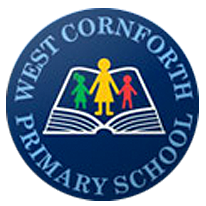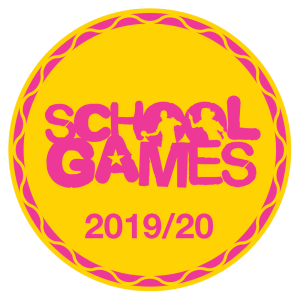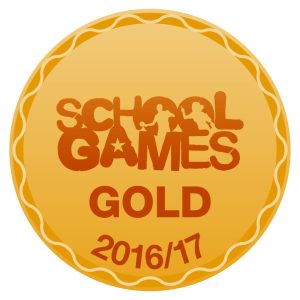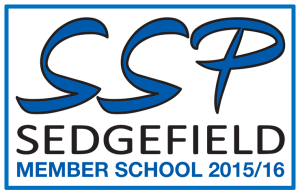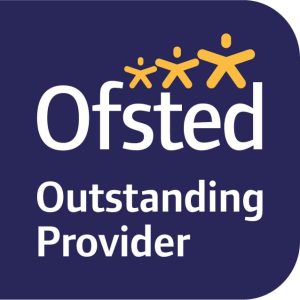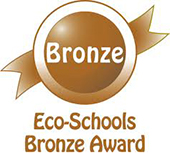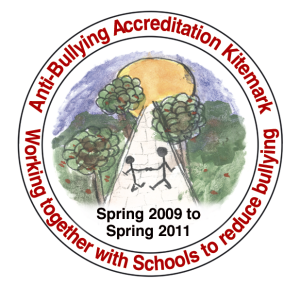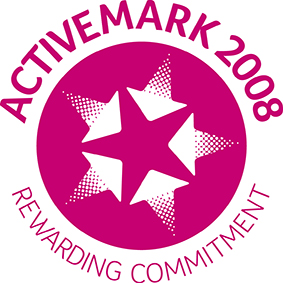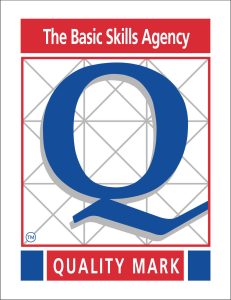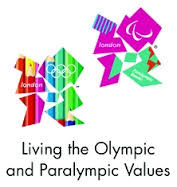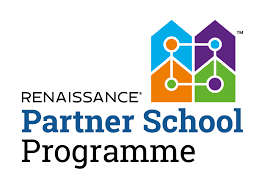Intent
At West Cornforth Primary School, we provide our children with a curriculum that is designed to be flexible, engaging and exciting so that their unique needs, passions and interests are recognised and embraced. Every child is an individual and we celebrate and respect differences within our school community. The ability to learn is underpinned by the teaching of basic skills, knowledge and values that equips our children for their future successes. We endeavour to inspire our children to become accomplished and happy individuals who are able to reach their full potential during their journey through school. Our EYFS curriculum is driven to recognise children’s prior learning and experiences and build on these by providing first hand learning experiences. We enable the children to develop social skills, and to develop emotional literacy by gaining an understanding of their feelings and emotions and those of the people around them. We work in partnership with our parents and carers to promote independence, confidence and an enthusiasm for learning. We aim for all children to thrive in school and develop their character and personality. We plan for our children’s interests and provide opportunities throughout our EYFS curriculum to support learning, consolidate and deepen knowledge and ensure children achieve their next steps. We provide purposeful, enticing and well planned indoor and outdoor environments which supports learning in all areas of the curriculum. We prepare children to reach the Early Learning goals at the end of the Early Years Foundation Stage and ensure children make at least good progress from their starting points.
Implementation
In our 2-year-old Nursery, 3-year-old Nursery and Reception, we meet the welfare requirements laid down in the Statutory Framework for the Early Years Foundation Stage. We safeguard and promote the welfare of all of our children. We know that children learn most effectively when they are healthy, feel safe and secure, when their individual needs are met and when they have positive relationships with the adults in the environment. We aim to provide a setting that encompasses a safe and stimulating environment where children are able to enjoy learning and grow in confidence and independence.
We follow the Early Years Foundation Stage curriculum and work towards the Early Learning Goals.
The 7 areas of learning are:
- Personal, Social and Emotional Development
- Physical Development
- Communication and Language development
- Literacy
- Mathematics
- Understanding the World
- Expressive Arts and Design
To aid the early development of our children, we strongly believe that they should develop the three prime areas first. This begins with our youngest children in our 2-year-old provision, where these areas of learning are the main focus.
As children grow and progress, the prime areas will support them to develop skills in the four specific areas.
Children in EYFS learn by playing and exploring, being active, and through creative and critical thinking which takes place both indoors and outside. Our outdoor areas are used all year round and in most weather conditions. We provide weather appropriate clothing such as all in one snow suits and wellies so that all children are able to access this outdoors equally. We have weekly ‘Outdoor learning’ sessions where all children explore the outdoor environment in planned activities for the majority of the morning.
We also ensure activities support the Characteristics of Effective Teaching and Learning
These are:
Playing and Exploring – children investigate and experience things, and have a go.
Active Learning – children concentrate and keep on trying if they encounter difficulties, and enjoy achievements.
Creating and Thinking Critically – children have and develop their own ideas, make links between ideas and develop strategies for doing things.
Our topics are are deeply rooted in the love of stories and reading. Children are exposed to high quality texts which provide the basis of the learning for the week. We plan visits and visitors into school to make learning more meaningful and to inspire. All practitioners have a good knowledge of the EYFS curriculum and child development.
Effective, well-resourced continuous provision supports our children to develop key life skills such as independence, innovation, creativity, enquiry, analysis and problem solving. During the school day, children will have an opportunity to work independently, work collaboratively with their friends and with members of staff.
We aim to build strong relationships with parents that develop over the years as children move through the different phases of EYFS. We keep parents informed through the use of ‘Class Dojo’ where the parents can message staff directly and they can be kept involved in their child’s learning through viewing photographs on their portfolios. We produce a weekly newsletter in school which offers information about the learning focus for the week. Parents can access their child’s online learning journey through the Tapestry app and can add photos and comments on learning at home. We aim to develop a love of books and reading and so all children in our 3 year-old-Nursery and Reception take home ‘Bedtime’ story books to share with an adult. In our 2-year-old Nursery, parents can take home ‘Sensory bags’ to help with their child’s development at home. We take time to speak to parents individually at drop off and collection times and meet formally with parents at ‘Parents evenings’ on a termly basis.
Quality Assurance
To ensure that our provision continues to respond to the needs of our learners, we undertake several methods of quality assurance. These may include:
- Learning walks and discussions with children.
- Lessons observations (Head Teacher and subject leads)
- The viewing of observations, floor books, literacy and maths books by the Early Years Lead. Head Teacher and subject leaders.
- Professional dialogue between all members of the Early Years Team.
- Pupil Progress Meetings.
- Internal moderation and cluster group meetings with other schools which ensure quality and accurate moderation with experienced practitioners.
- Regular review of the impact of interventions.
Impact
Our children have varied and diverse starting points. Therefore, we have high expectations to ensure that points all children make ‘strong progress’ across all of the areas of the EYFS curriculum. Progress is evident in the child’s online learning journal, books and data.
We strive for children to reach the Early Learning Goals at the end of Reception and to be at least in line with National Expectations.
We track the percentage of pupils achieving age related expectations throughout the academic year, putting supportive interventions in place if and when needed. Class teachers use observations to make formative assessments which inform future planning and ensure that all children build on their current knowledge and skills at a good pace. Summative assessment compares children’s attainment to age related expectations using ‘Development Matters’. This is tracked using ‘Target Tracker’ and B Squared Connecting Steps (school’s data system) to ensure rates of progress are at least good for all children, including vulnerable groups such as those with SEND, Pupil Premium or EAL children. Our assessment judgements have been moderated both in school and externally with local schools.
The impact of our curriculum is also measured by how effectively it helps our children develop into well rounded individuals who carry with them the knowledge, skills and attitudes which will make them lifelong learners and valuable future citizens. We endeavour for our children to be ‘Reception Ready’ and also to make a smooth transition from EYFS to Key Stage 1.
Our children make progress academically, emotionally, creatively, socially and physically. Knowledge, understanding and skills are secured and embedded so that children attain and are fully prepared for their new year group.
At the end of EYFS our children;
- have developed good communication skills, and are able to communicate with others both in writing, and verbally. Our children also listen respectfully and understand that other people may hold different views.
- take pride in all that they do and are always striving to do their best,
- demonstrate emotional resilience and the ability to persevere when they encounter challenge,
- develop a sense of self-awareness and become confident in their own abilities,
- are kind, respectful and a good friend to others,
- are excited for their next adventure and keen to learn more.
Communication & Language
Physical Development
Personal, Social & Emotional Development
Literacy
Mathematics
Understanding the World
Expressive Arts & Design
